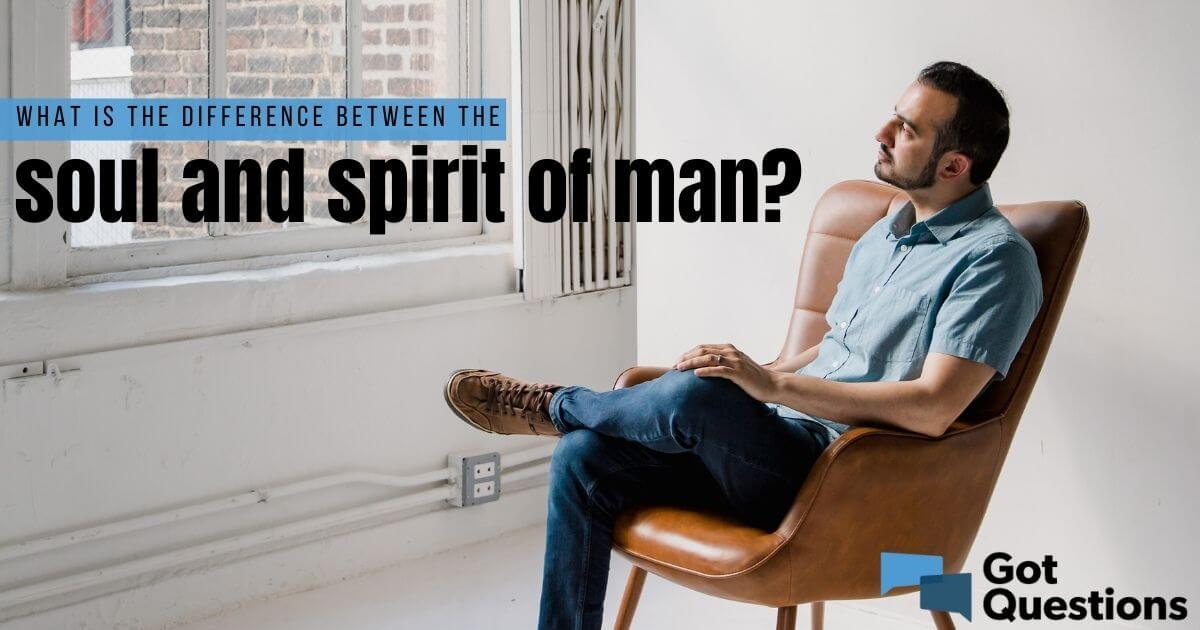Chaplain
Member
Sermon: The Weary World Rejoices (12/20/20)
Sermon: What Every True Church Should Be (John 17, 12/20/20)
Worship: Kings Christmas Celebration (12/20/20)
Video: Answering Progressive Christian Memes #2 : Is it a sin to smoke and drink? Do we Worship the Bible? (12/20/20)
Free Oxford book (get it as fast as you can): Non-Identity Theodicy A Grace-Based Response to the Problem of Evil by Vince R. Vitale (PDF LINK)
Edited
Sermon: What Every True Church Should Be (John 17, 12/20/20)
Worship: Kings Christmas Celebration (12/20/20)
Video: Answering Progressive Christian Memes #2 : Is it a sin to smoke and drink? Do we Worship the Bible? (12/20/20)
Recently, a progressive Christian meme made the rounds that stated 22 beliefs about God, Christians, the nature of heaven and hell, and the exclusivity of Christianity. I asked Mike Winger to join me to help us think through these statements and analyze them through a biblical lens. Here's part 2!
Free Oxford book (get it as fast as you can): Non-Identity Theodicy A Grace-Based Response to the Problem of Evil by Vince R. Vitale (PDF LINK)
On December 17, my upcoming book from Oxford University Press, titled "Non-Identity Theodicy: A Grace-based Response to the Problem of Evil," will be free to read at Oxford Scholarship Online and offered as a free PDF download from OUP.
One of the first substantial conversations I had on the topic of suffering happened nearly twenty years ago, right after I became a Christian. My aunt Regina expressed to me how difficult it was to see her son, Charles, struggle with a profound disability. Putting the question before the questioner, I began spouting some of my abstract, philosophical ideas about why God might allow suffering. After listening very graciously, Aunt Regina turned to me and said, "But Vince, that doesn't speak to me as a mother."
That conversation convinced me that questions as personal as those about suffering require a very personal response. But when I began to dig deeply into the literature on "the problem of evil," that is not generally what I found. And so when I approached the dissertation stage of my doctoral work, I decided to search for a different type of response to the problem of evil.
"Non-Identity Theodicy: A Grace-based Response to the Problem of Evil" represents what I have learned in the two decades since my aunt Regina raised her question, and my hope for the book is that, even while offering a philosophical response, it recognizes and honors the personal nature of the questions suffering raises.
Edited
Last edited:







